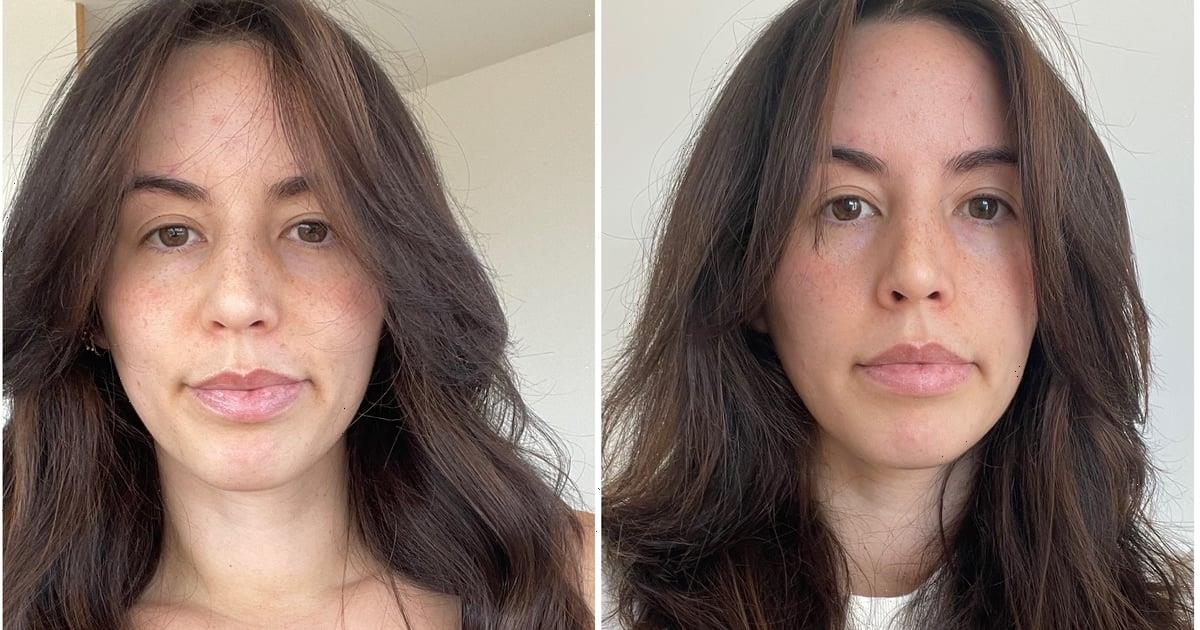Private schools in UK
Top schools in UK are considered to be models of proper education and upbringing. Their educational system has been tried and tested over centuries and has consistently evolved without questionable experimentation. The best British schools retain everything of value from the past, organically embracing and using modern technology, new equipment and new methods of learning. School science labs are often no less than universities, professional artists rehearse performances in school theatres, and students’ innovative business projects often go beyond school to become successful start-ups. The austerity and rigor of the British schools of yesteryear have become much less and more comforting and caring for the well-being of the students, but this has not changed the main point: here, as before, they make a person out of a child and fully prepared for independent life.
The English school system
- Secondary education in England consists of four main stages.
- Elementary school 5 to 7 years and 7 to 11 years.
- Average for children aged 11 to 14 and 14 to 16 years.
The collection of required subjects (core subjects) varies by age. In elementary school, children study English, mathematics, history, geography, music, industrial technology, and art. Starting at age 11, the core subjects include English, math and science (chemistry, biology and basic physics). The rest of the subjects are chosen by the students together with their parents according to their preferences. In highschools in UK, students prepare for exams.
In 2015, compulsory education legislation in the UK changed: it was previously limited to the age of 16. Today’s students have to spend 2 more years at their desks. Those who plan to work as soon as possible go to vocational colleges. After 2 years of study, they receive a GNVQ (Secondary Professional Education Certificate) or BTEC (Secondary Technical Education Diploma). Those who are interested in further entry to university stay in school in the 6th grade. During this time – between the ages of 16 and 18 – students are preparing to pass A-levels in selected subjects.
Depending on the type of funding, English schools are divided into public and private. Unlike many countries, the gap between public and private educational institutions in England is not as wide: the country’s secondary education levels are monitored at the state level. Private schools, of course, are characterized by a much stronger education: the availability of a physical and technical base, a high level of faculty, the intimacy of the classes, and even a historical heritage that a significant number of boarding schools can boast. Many of them have been working for more than a century, and the oldest of them – they appeared under the Catholic Church in the 12th century.
Advantages of studying at a private school in the UK
- A secondary education at a private school in England is the key to high-quality academic preparation and a bright future. In English schools, children don’t just memorize information; they learn to think freely, analyze and process it, form their own opinions and defend it in discussions.
- The teacher’s task is to identify and develop the child’s abilities. Children carry out various experiments independently and learn to work in teams.
- Schoolchildren devote a lot of time to sports and creative activities. These are serious competitions, classes in professionally equipped studios, participation in theater productions, where the careers of many famous actors began.
- Having your child study in a British school is the fastest and most effective way to learn English. Immersion in the language can be supplemented with a special program for foreign students (ESL).
Features of living in a private boarding school in England
Private schools in UK have their own comfortable accommodation on campus, arranging everything needed for children to stay comfortably. Junior high school students usually live in dormitories of 4-10 students and high school students in rooms of 1-2 students: this is because graduates need a lot of time for self-study and preparation for demanding exams. Each student in the dormitory has an individual bed, a desk, a closet and personal belongings, and is usually allowed to bring his or her own things: pillows, photos, posters, toys, etc., to decorate the room as he or she wishes. School meals deserve special mention: a team of professional chefs working for the children of the best private schools in UK strive to make regular meals delicious, nutritious, balanced and varied. Often, in addition to the standard general menu, rations for vegetarians, representatives of certain religions and faiths (such as Muslims or Jews), plenty of fresh fruit and vegetables, pastries and healthy and delicious desserts are served. The campus is closely guarded night and day: as a rule, students are not allowed to leave the school without permission. Some boarding schools in the UK make exceptions for high school students: they can go to the nearest town with the permission of their teachers and educators.
How to get into a private school in the UK?
The preparation for entering a schools in UK for foreing students must begin one year before the start of education:.
- Assessing knowledge.
- Improvement of language skills.
- Preparation of your child for exams.
- Introducing a new educational system.
Each school in the UK conducts unique entrance exams. Usually, these are 3-4 tasks, which may be listening, reading, grammar, logic, writing, speaking and testing knowledge of general subjects. Elite schools in England are also required to write an essay and pass an oral interview with a representative of the educational institution. Representatives of British private schools come to countries during special exhibitions of secondary education. Parents can ask questions in person, receive advice on admission and, if desired, visit the school for a study visit. This will allow you to make a choice based on personal impressions, communication with teachers and students. In addition, an interesting option for prospective students to “try out” education abroad is the summer language program at many boarding schools in the UK. After two or three weeks, your child will be able to improve his or her English and feel like a student at the school of his or her choice, just like you know.
Cost of studying at a private school in the UK
The Independent Schools Council (ISC) publishes statistics each year to give you an idea of the cost of an English language education. According to these statistics, a boarding school education, even if you don’t live in one, is more expensive than a regular private day school. The average tuition fee for primary boarding schools is £8,684 per semester, secondary schools £11,784 and graduate schools £12,573. Daytime education is 30-40% cheaper at the same school, and even less at daytime private schools without boarding apartments. Statistically, the highest cost of education is in London (on average £ 13,884), the neighboring counties of the South and South-East, the lowest – in the North-East of England (£ 9,006) and Yorkshire (£ 8,969). In practice, however, it all depends on the particular educational institution. International colleges, aimed primarily at international students preparing to enter British universities, are quite independent in their pricing compared to traditional British boarding schools – essentially non-profit and controlled by boards of directors who have a decisive say in financial matters. The consequence of annual inflation is an annual increase in the price of private schools in the UK, averaging about 4-5% per year.
Larger schools that accept children at all levels of education, from kindergarten to high school, are usually more likely to keep prices at less high levels. Smaller schools, especially elementary school, are often forced to raise tuition fees in order to maintain the necessary infrastructure and the range of extracurricular activities offered to students in sports, music, science and creativity.
Average school fees per term for private schools in the UK
Primary School £8,684
Secondary School £11,784
Final year £12,573

